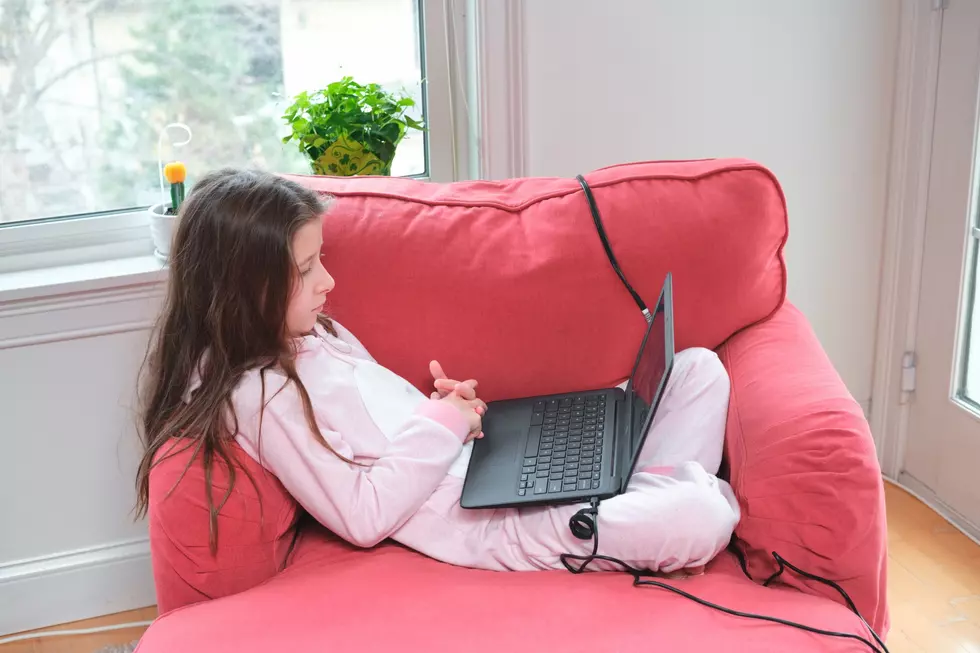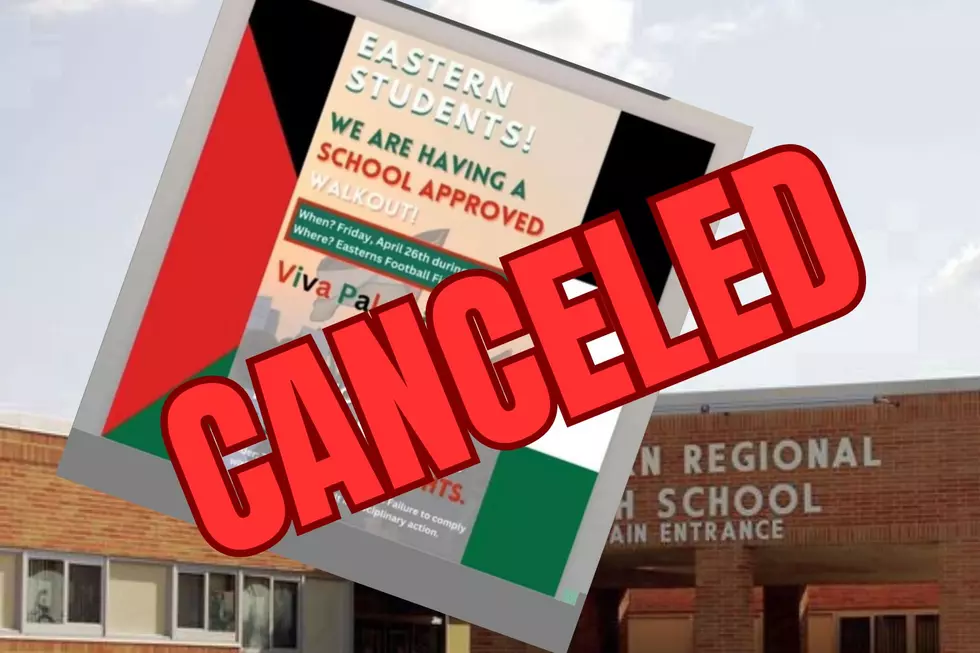
Children Feeling Sadder, More Worried as Pandemic Enters 7th Month
About 70% of children feel more sad, worried or overwhelmed than before the pandemic, according to a survey from ParentsTogether.
Dr. Steven Tobias, director of The Center for Child and Family Development in Morristown, said one of the hardest parts of dealing with adolescents is that parents, for the most part, don't really know what's going on with them. Children who are depressed, anxious, even suicidal, don't always confide in their parents.
Tobias said that if there are any questions or concerns about a child's mental health to consult a professional just to be on the safe side.
With the pandemic still going on, parents should look for changes in their child's sleeping and eating habits.
Also, watch for withdrawal. He said when kids are anxious or depressed, they tend to become withdrawn.
With the pandemic, everyone is pretty much withdrawn because of social distancing keeping them away from their peers. But if children are not making an effort to interact with their peers or to engage in any activities, that would be a red flag for concern, Tobias said.
Some children may externalize: Instead of being quiet or withdrawn, they may seem more angry and irritable. If parents see this happening, that could be an indication something is going on emotionally with the child, Tobias said.
Tobias said children don't always like to talk on what he calls "the parent's schedule." So the key is for parents to create opportunities for kids to talk to them instead. One of the most important thing a parent can do is simply hang out with the kid, he said.
If a parent is working from home, work in the same room as the child doing their work. Many times, a child will stop what they're doing and voluntarily talk about things. A parent may also get a feel as to what is frustrating their child when they are together in a safe space.
Another important thing to do is to have fun as a family. Have a game or movie night or go on family walks.
"That social support, even when kids are not getting it from their peers, if they're getting that emotional and social support from their families, that's going to go a long way to helping them be OK and get through this," Tobias said.
Tobias said he has seen a lot of stress and academic difficulties among children in recent months. Some are doing well with distance learning, while others struggle. One thing Tobias wants to make clear is that it's important to cut everyone slack. That includes, teachers, children and parents. Realize that this is not the same program and the expectations can't be the same. But also realize, this is temporary.
If a student misses out on some instruction over the next six months or year, they'll survive. But Tobias is more concerned that children are going to have trouble surviving the stress that they're under than surviving any academic deficiencies that they might be experiencing.

NEXT: The lamest tourist attractions
More From WPG Talk Radio 95.5 FM










